Why Do Cats Purr?
Why do cats purr? Well there is no one answer to that question really. After many years of observation we have discovered that cats purr for many different reasons and in many different situations.
But it is important that we as cat owners should understand the meaning of our cat purrs. It could be the difference between a happy contented cat and an anxious one who may need our help.
Do All Cats Purr?
|
Well there is a little bit of debate about this. It all depends on what you consider a true purr. But if we take the broad picture then yes all cats big and small can purr, it may just sound different to our ears which is used to the domestic cat cat purr sound. in fact did you know that there are many close relations to the cat who also purr, these include Civets, Mongooses and even hyenas, who are actually closer to cats than dogs genetically. Big cats such as Tigers, Lions and Jaguars do make similar purr sounds but due to the construction of a certain bone in their mouths, it is not a continuous purr sound like the one our pet cats makes. |
Here is a short video of a cheetah purring contentedly. |
Why Do Cats Purr?
Cats purr for many different reasons. Years of observation has shown that cats use their purr in lots of different situations. But the main reason for purring is to signal that they are in a friendly mood.
This contented purr cat be used in many different situations such as:
- A signal from the mother cat to her kittens that she is near by. It will also reassure the kittens that they are safe.
- A signal from the kitten to the mother that they are well.
- Kitten to kitten. Early on sibling kittens will use the purr to signal to each other that everything is ok and that this calming sound is a good reason to stick together during these early months.
- A signal to a owner that they trust you and are contented in your company
A purr can also be used when a cat is in pain or injured. It is thought that this cat purr serves two purposes:
- It is used as a self comforting trigger. The gentle rumbles helping to relax the cat.
- It can also be as a signal to humans that they need help. A sort of plea that says "I'm not threat so come and help me". Many vets have said that they hear this purr when they are examining cats who have been injured.
So the answer to the question "Why do cats purr?" is basically, It is a social signal to both other cats and humans that the cat is in a friendly social mood and is not a threat.
How Do Cats purr?
Again there has been some conflict between experts as to how a cats purr. There have been two conflicting theories.
Blood Flow - One which suggested that when the cats blood flow into the heart is increased it produces the the purring sound as it is constricted and this change in the cats blood flow happens when the cat arches there backs. However this theory is not widely accepted as probably.
The False Vocal Cords - the more likely and accepted cause of purring is due to the cat possessing something called vestibular folds in the throat. These folds are called false vocal cords and seem to serve no specific purpose. It is therefore considered that these structures produce the purring sound as air is passed over them.
So when a cat is feeling contented and relaxed they breath more deeply and this two way in and our deep breath causes these false vocal chords to vibrate and rumble.
Related Articles
Top of this Why Do Cats Purr page
I'd love to hear what you think of this page or my site. Let me know if you like what you have read or if it has helped you with a problem.
It's easy to do just leave a comment in the box below and click the like / share or +1 to let others know about my site. Thank You It really is most appreciated.
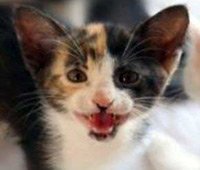
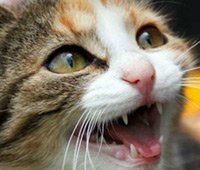
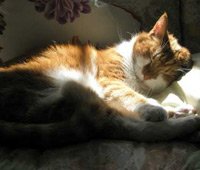
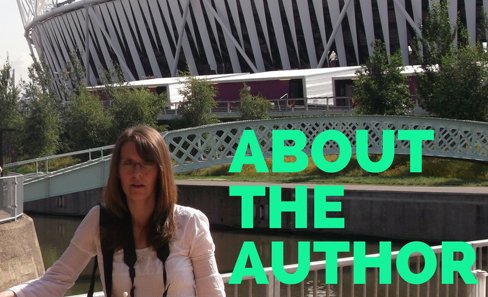
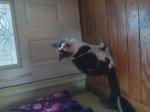
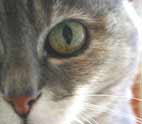
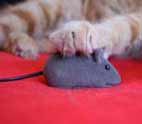
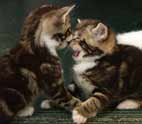
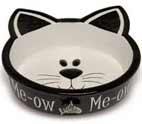
New! Comments
Have your say about what you just read! Leave me a comment in the box below.